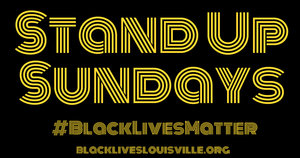 I’d like to thank Stand Up Sundays for publishing this comment because our critiques should articulate frustration with the aim of gaining rebellious neighbors and we often find them strangled by a caution to accept the potential of publishing as an offensive tactic. To deny the reality of censorship in our business practice only furthers our dissociative distress, while merely condemning this violation as an externality of the market misplaces our ethical apprehensions. An artificial sense of ownership—which has been confused with responsibility—exists in the black intelligentsia and makes it difficult to exercise true solidarity with the radical out of a fear which condescends our self-determination. Worse than martyrdom, this vertical approach to anthology erodes our record of rebellious writers so that our most popular models of struggle exhaust at encouraging meditations for the spirit. Value lives there, but such a hierarchy denies our readership exposure to the sort of literary pragmatisms felt in Shakur’s communiqués or Balagoon’s anarchist broadcasts from prison, their unapologetic asks for confrontation:
I’d like to thank Stand Up Sundays for publishing this comment because our critiques should articulate frustration with the aim of gaining rebellious neighbors and we often find them strangled by a caution to accept the potential of publishing as an offensive tactic. To deny the reality of censorship in our business practice only furthers our dissociative distress, while merely condemning this violation as an externality of the market misplaces our ethical apprehensions. An artificial sense of ownership—which has been confused with responsibility—exists in the black intelligentsia and makes it difficult to exercise true solidarity with the radical out of a fear which condescends our self-determination. Worse than martyrdom, this vertical approach to anthology erodes our record of rebellious writers so that our most popular models of struggle exhaust at encouraging meditations for the spirit. Value lives there, but such a hierarchy denies our readership exposure to the sort of literary pragmatisms felt in Shakur’s communiqués or Balagoon’s anarchist broadcasts from prison, their unapologetic asks for confrontation:
We charge the Black community to relinquish their fear of the enemy and to stop robbing each other, and to go to the fascist multi-national corporations where the risk is the same and the act more political. We charge the intellectual aspects of the Black community to come forward and clearly identify this era of Black Resistance to imperialism and colonialism and interpret the current events to the Black community. We charge the artists to create a clear presentation of our conditions wherever they can. We charge the Black and progressive press to do the investigation of our intelligence reports to celebrate the factual information from our heroes. To speak to the Geneva Accords in relation to our Prisoners of War. To all conscious Black and Third World people: remain diligent. If you don’t intend to fight, don’t be afraid to speak and resist. – Black Liberation Army Communique, A Message From the Underground. Published November 5, 1981.
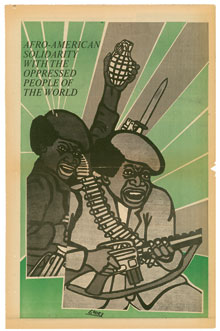
Credit: Emory Douglas
We must continue deconstructing the myths of White Supremacy and those of our own making which thieve of us of the confidence to act autonomously in the advancement of our shared position. Our discussions of #Dallas and the current uprising around Standing Rock are disappointing in their reliance on analogies and census figures to infer our solidarity. This is not enough. This is how the white man writes, with one hand on paper and the other on his pistol. With metaphors and statistics, which can achieve much from the strength of their dramatic effect, but are altogether impotent as rhetoric. Where symbols are important in their capacities to capture moods and offensive mechanics, the applied philosophies we find in the asks of Shakur, Balagoon, and our contemporary rebels are more useful to us because they contain fuller examples of the determination to produce change.
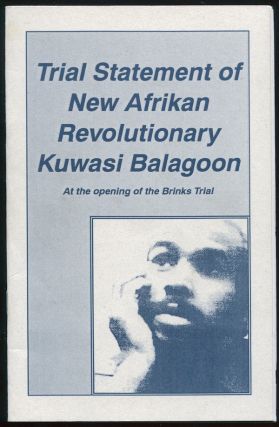
Failing to uplift these figures takes much emotional clarity from our collections and does us a great disservice. If we in our day to day resistance cannot engage in the same level of conflict as these writers, we must at least make an effort to publish their voices alongside our moderate thinkers as a way to encourage the diversity of tactics we have always had in our communication practices.
We need the meditations of our griots, perhaps our pastors, our intellectuals wherever we find them for the light and endurance they bring to our personal experiences with identity, but many of these models are poorly suited to guiding our neighbors into committed confrontation with power in the same way as our revolutionaries, in whom the ask is always demonstrated.
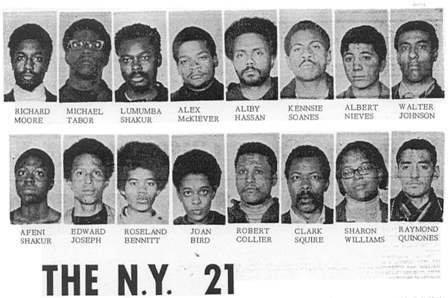
This oversight continues to benefit the colonist’s agenda which considers our conditions as oppressed people perpetually negotiable matters of diplomacy, and has so resigned itself to a faith outside of ourselves, in political evolution.
This is not a critique of the tactic, which can be shown to produce improvements for agitators, rather it is a critique of the exhaustive faith in gradualism we find in these spaces which absorbs the attention of our readers by packaging its content in the tradition of revolution but does not require the deed. It is now our advantage that we seed these spaces with prescriptions as aggressive as they are progressive if we’re to overcome the generational cautions that harm our willingness to resist with deliberate visions of success.
Credit: Emory Douglas
The burden of our communications for change should be more than the reframing of free acts of resistance into leveragable narratives, but also aiding, abetting, and thereby participating in those acts through our communication practices. It is no longer enough to cultivate a radicalism which has not been refined and made appropriate for application. Our communications must succeed. We have to begin again the interpolation of our neighbors into revolutionaries, and with more than a true understanding of their subjugation, but a true belief here and now, in the quality of their resistance.
THE COMRADES WHO are in jail are not criminals. They are Prisoners of War, and they are HEROES. They are heroes struggling against RACISM, FASCISM, AND IMPERIALISM. The Black combatants follow in the tradition of Denmark Vesey, Nat Turner, Mark Essex, Ahmed Evans, Harriet Tubman, Twyman Myers and all those who have stopped the flow of uncontested violence and repression against the Black community. The white combatants follow in the tradition of John Brown, who organized masses of white people to fight against slavery and repression. Even though this particular military battle failed, the goals should always set the example for our youth and true revolutionaries. Black Liberation Army Communique, A Message From the Underground. Published November 5, 1981.
Black Salutations

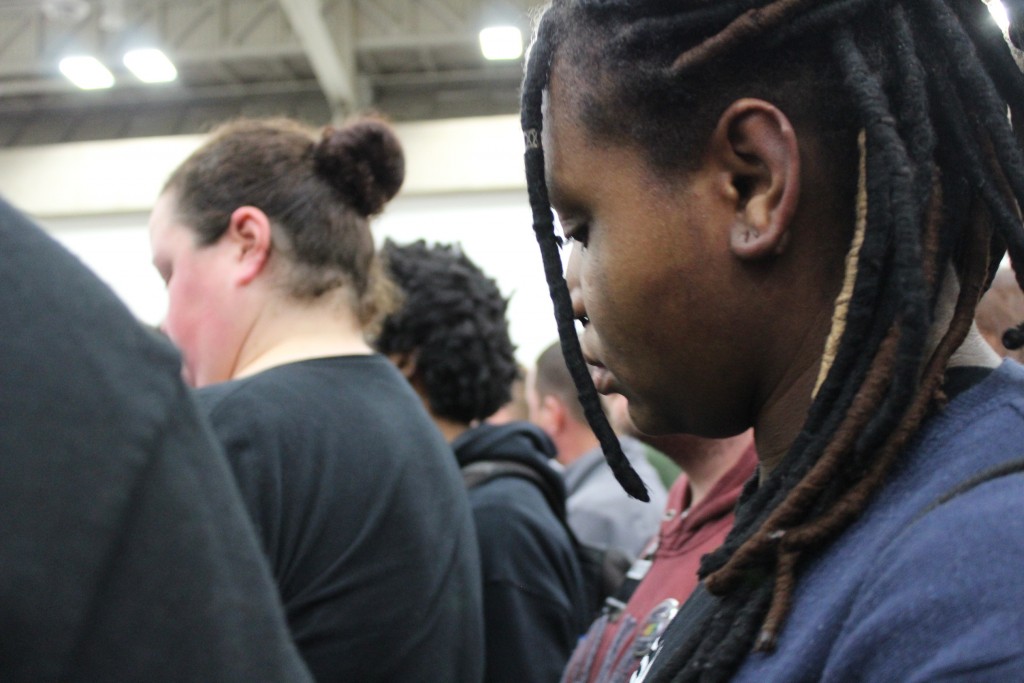
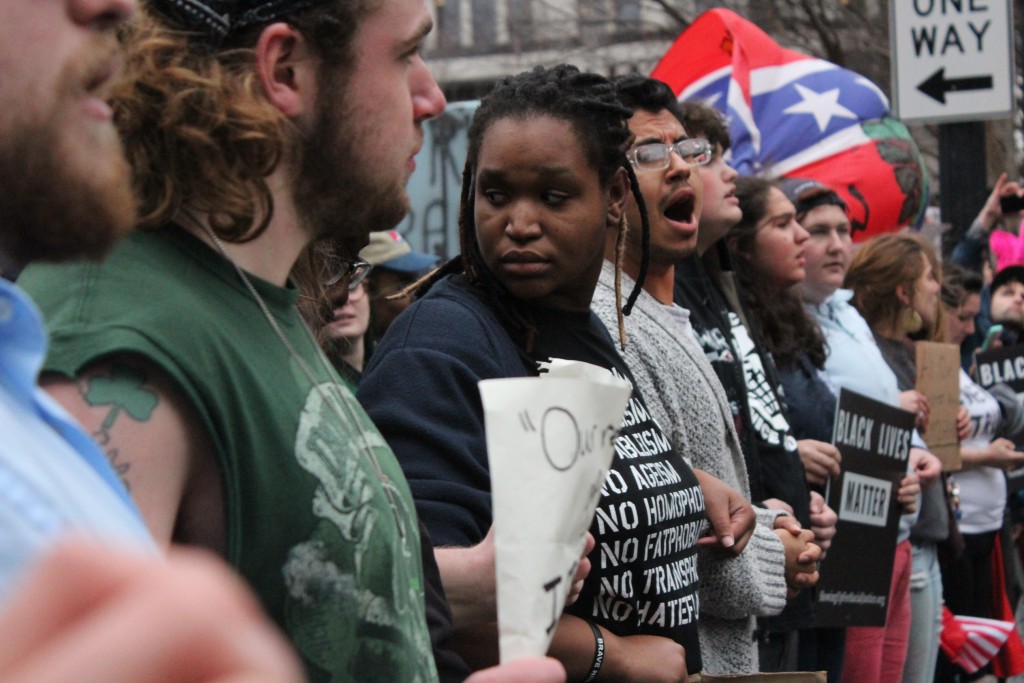
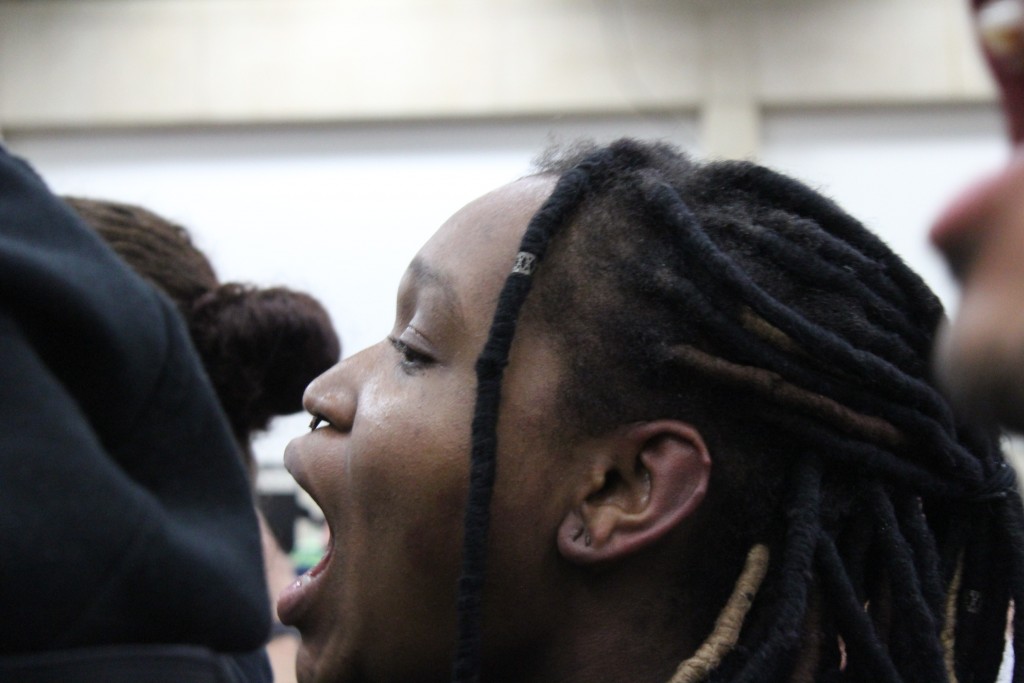
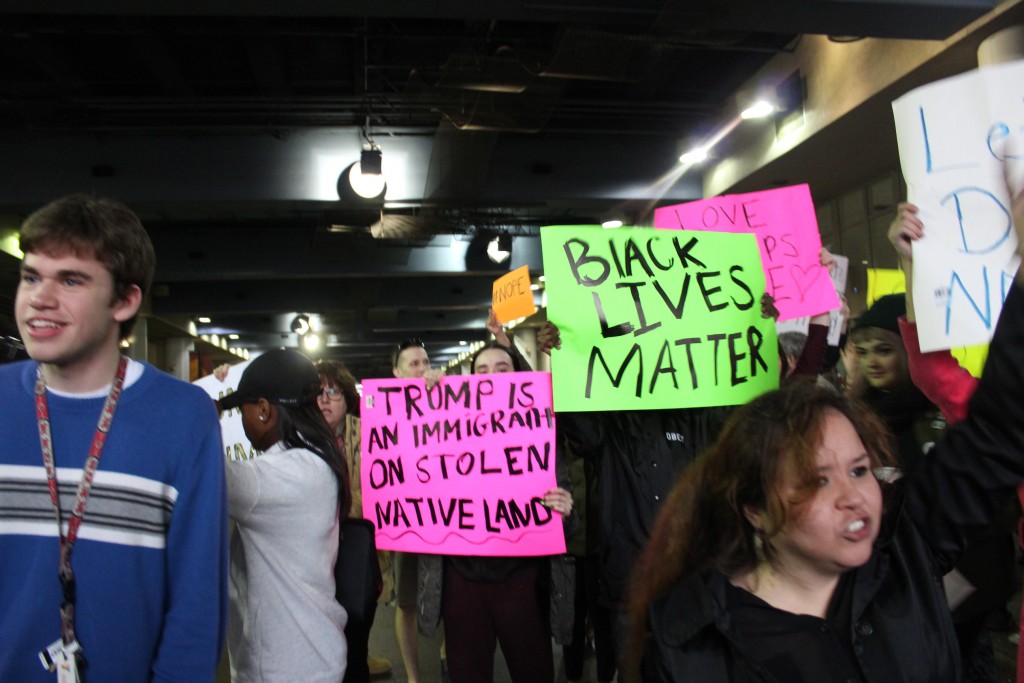
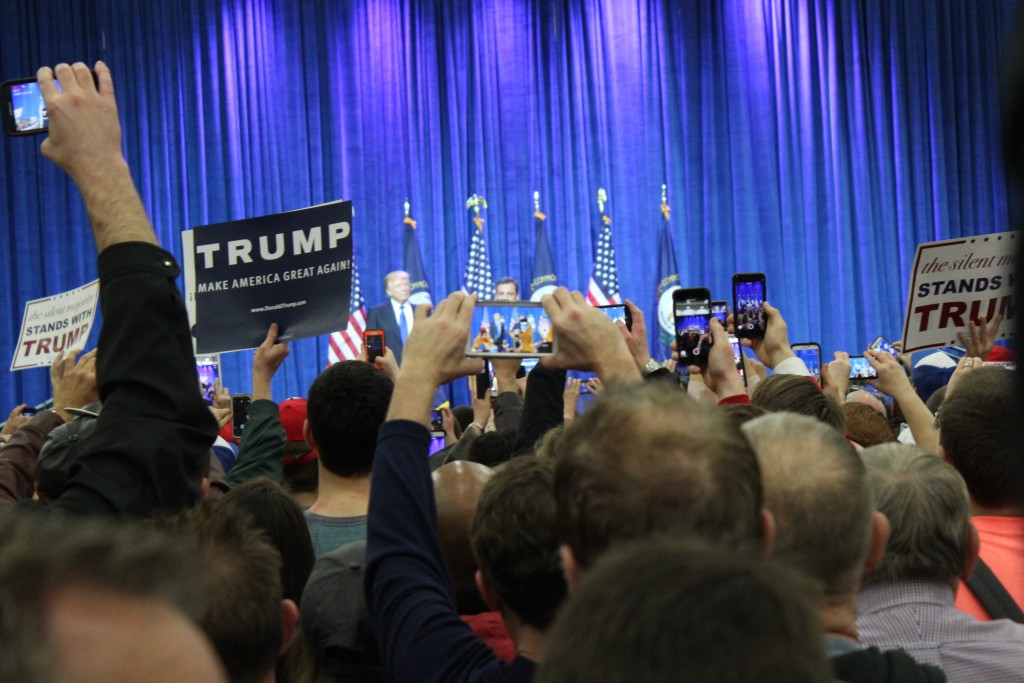
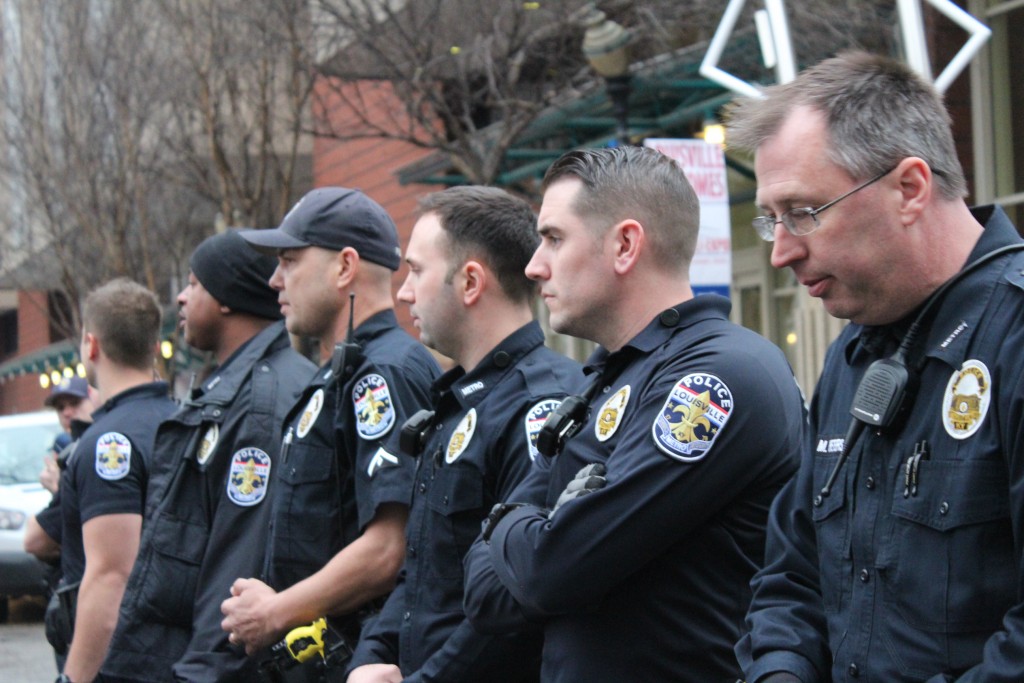
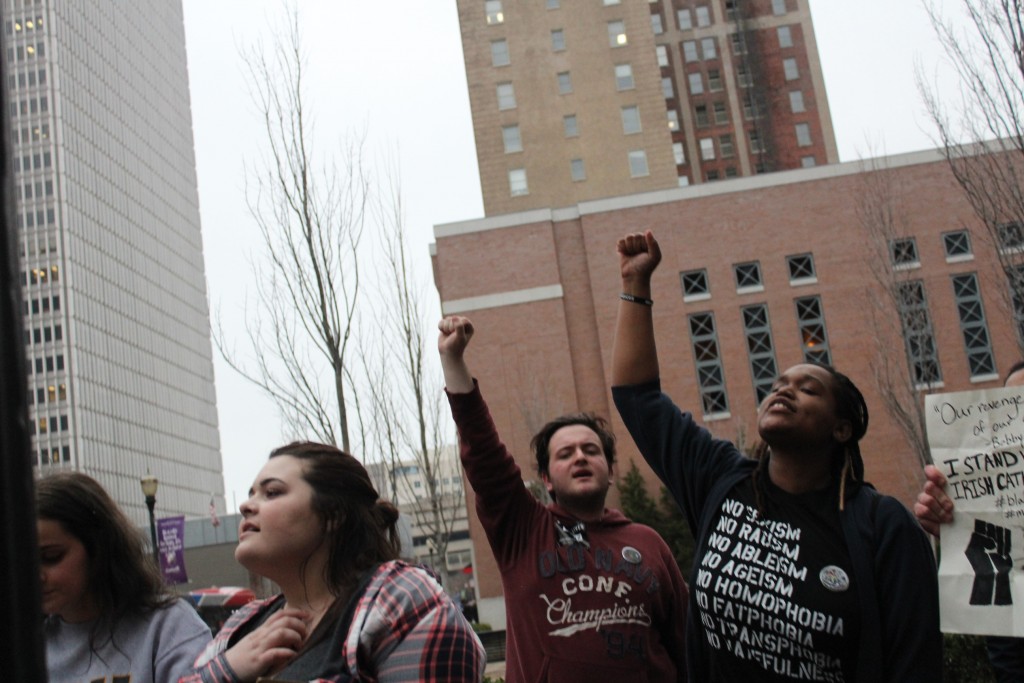
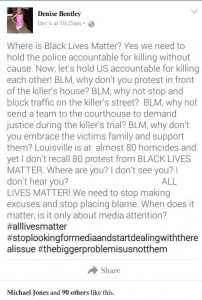
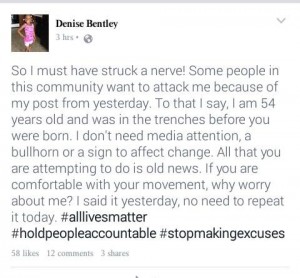

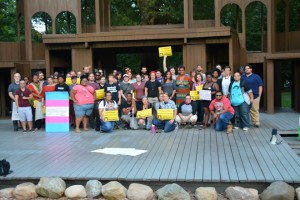
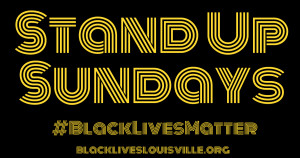
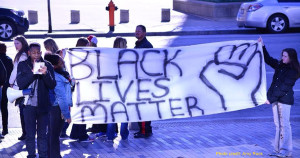 We must work to contextualize the current moment of social and political emergence taking place in Louisville, Kentucky. Moments and movements do not happen within a vacuum; the organizing and mobilizing taking place in the city are reflective of larger national and global trends towards Black liberation and racial justice. This resurgence of critical racial consciousness is a response to the culmination of failed policies of trickle down economics, the war on drugs and colorblind [structural] racism, within the United States. And larger failing global trends of capitalism and exploitation [through colonization] of Black and Brownness. In our hypermediated landscape, this becomes most apparent by what scholar Eric Ritskes refers to as “
We must work to contextualize the current moment of social and political emergence taking place in Louisville, Kentucky. Moments and movements do not happen within a vacuum; the organizing and mobilizing taking place in the city are reflective of larger national and global trends towards Black liberation and racial justice. This resurgence of critical racial consciousness is a response to the culmination of failed policies of trickle down economics, the war on drugs and colorblind [structural] racism, within the United States. And larger failing global trends of capitalism and exploitation [through colonization] of Black and Brownness. In our hypermediated landscape, this becomes most apparent by what scholar Eric Ritskes refers to as “